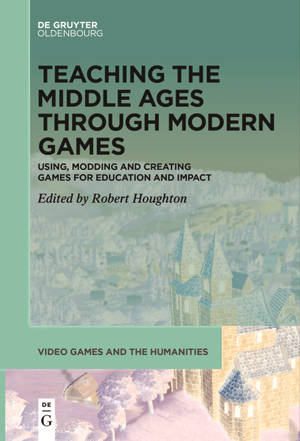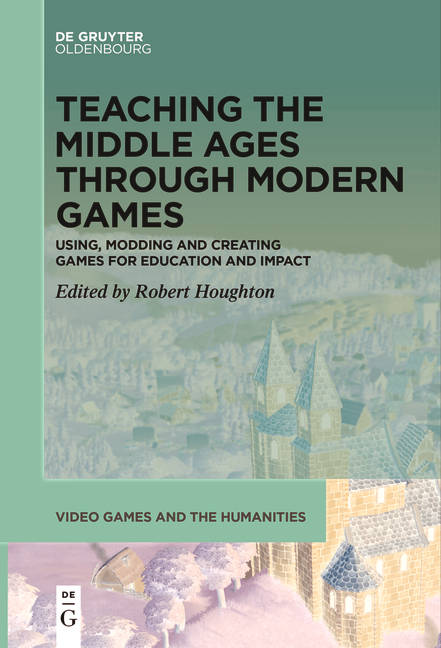
- Afhalen na 1 uur in een winkel met voorraad
- Gratis thuislevering in België vanaf € 30
- Ruim aanbod met 7 miljoen producten
- Afhalen na 1 uur in een winkel met voorraad
- Gratis thuislevering in België vanaf € 30
- Ruim aanbod met 7 miljoen producten
Zoeken
Teaching the Middle Ages Through Modern Games
Using, Modding and Creating Games for Education and Impact
€ 19,95
+ 39 punten
Omschrijving
Games can act as invaluable tools for the teaching of the Middle Ages. The learning potential of physical and digital games is increasingly undeniable at every level of historical study. These games can provide a foundation of information through their stories and worlds. They can foster understanding of complex systems through their mechanics and rules. Their very nature requires the player to learn to progress. The educational power of games is particularly potent within the study of the Middle Ages. These games act as the first or most substantial introduction to the period for many students and can strongly influence their understanding of the era. Within the classroom, they can be deployed to introduce new and alien themes to students typically unfamiliar with the subject matter swiftly and effectively. They can foster an interest in and understanding of the medieval world through various innovative means and hence act as a key educational tool. This volume presents a series of essays addressing the practical use of games of all varieties as teaching tools within Medieval Studies and related fields. In doing so it provides examples of the use of games at pre-university, undergraduate, and postgraduate levels of study, and considers the application of commercial games, development of bespoke historical games, use of game design as a learning process, and use of games outside the classroom. As such, the book is a flexible and diverse pedagogical resource and its methods may be readily adapted to the teaching of different medieval themes or other periods of history.
Specificaties
Betrokkenen
- Uitgeverij:
Inhoud
- Aantal bladzijden:
- 313
- Taal:
- Engels
- Reeks:
- Reeksnummer:
- nr. 11
Eigenschappen
- Productcode (EAN):
- 9783111521374
- Verschijningsdatum:
- 17/06/2024
- Uitvoering:
- Paperback
- Formaat:
- Trade paperback (VS)
- Afmetingen:
- 156 mm x 234 mm
- Gewicht:
- 485 g

Alleen bij Standaard Boekhandel
+ 39 punten op je klantenkaart van Standaard Boekhandel
Beoordelingen
We publiceren alleen reviews die voldoen aan de voorwaarden voor reviews. Bekijk onze voorwaarden voor reviews.










